Introduction
Sewing is a versatile craft that allows individuals to create beautiful garments, accessories, and decorative items using fabric, thread, and a needle. To excel in sewing, it is essential to learn various sewing techniques. Each technique has its unique purpose and application, making it crucial for sewers to understand and master them. In this article, we will explore some important sewing technique names that every aspiring sewer should be familiar with.
1. Backstitch
The backstitch is a sturdy hand-stitching technique that involves overlapping stitches. It is often used to reinforce seams or create decorative details. This technique provides strength and durability to a project, making it great for hand sewing items that require extra stability.
2. Gathering
Gathering is a technique that creates controlled folds or pleats in fabric, typically to add fullness or create ruffles. It involves stitching one or multiple rows of long, evenly spaced stitches along a section of fabric and then gently pulling the thread ends to gather the fabric to the desired width. Gathering is commonly used in creating gathering skirts, ruffled sleeves, and decorative fabric accents.
3. Hemming
Hemming refers to finishing the raw edge of a garment or fabric article. It involves folding and stitching the edge neatly to ensure it remains stable and prevents fraying. Hemming techniques vary depending on the desired outcome, including blind hemming (sewing nearly invisible hems), rolled hemming (creating a narrow rolled edge), or topstitched hemming (decorative visible stitching).
4. French Seam
A French seam is a clean, concealed seam that gives a professional finish to garments or items requiring a neat interior. It involves sewing two lines of stitching, both on the outside and the inside of the fabric, enclosing the raw edges. French seams are commonly used in lightweight and delicate fabrics to prevent fraying and provide a polished appearance.
5. Appliqué
Appliqué is a technique that involves attaching one fabric onto another to create decorative motifs or add embellishments. This can be done by sewing the appliqué fabric directly onto the base fabric or by using fusible web and then securing it with stitching. Appliqué allows for endless creativity, enabling sewers to personalize their projects with unique designs.
6. Flat-Felled Seam
A flat-felled seam is a strong, durable seam commonly found in denim jeans and other heavy-duty garments. It involves sewing two fabric layers together and then folding one fabric edge under and stitching it down, concealing the raw edges and providing extra strength. Flat-felled seams are preferred for items that require high durability, such as workwear and bags.
Conclusion
These are just a few of the many sewing techniques that exist in the vast world of sewing. By learning and practicing these techniques, sewers can elevate their skills and create impressive, professional-quality projects. Remember, sewing is both an art and a skill, and mastering various techniques allows individuals to unleash their creativity and bring their sewing projects to life.
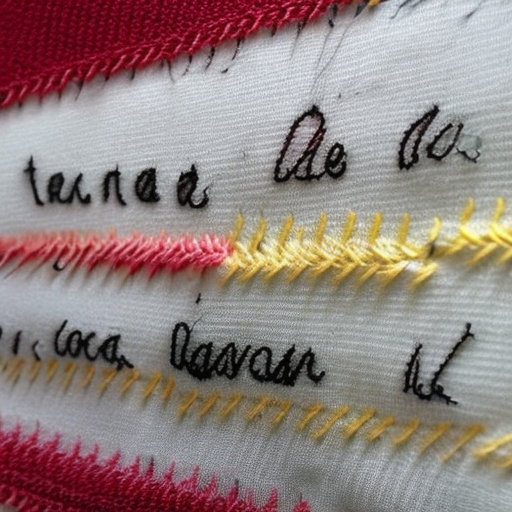
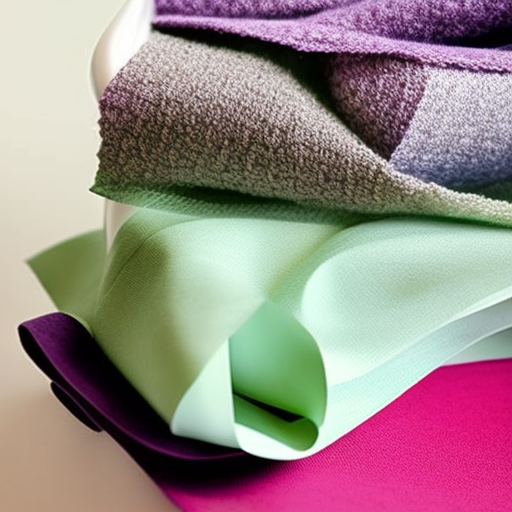
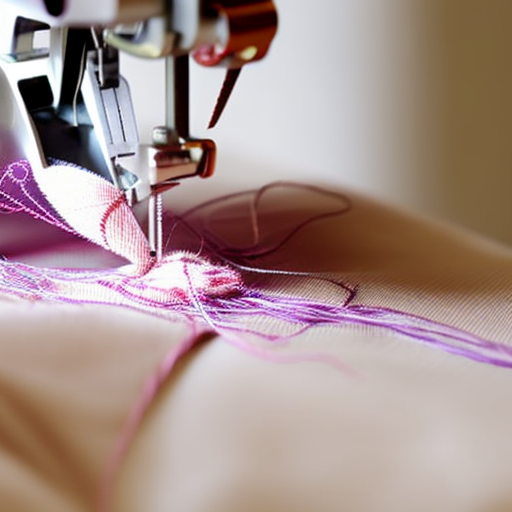
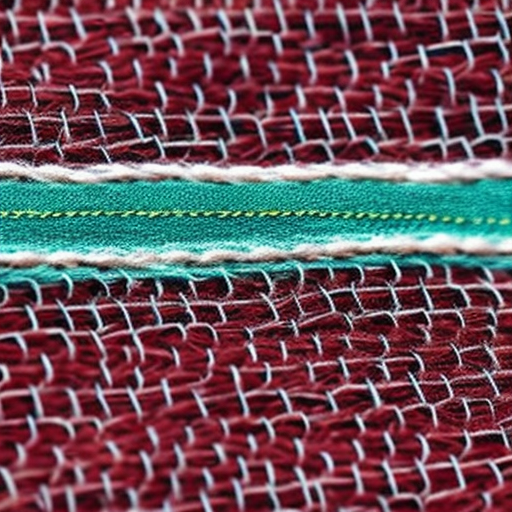
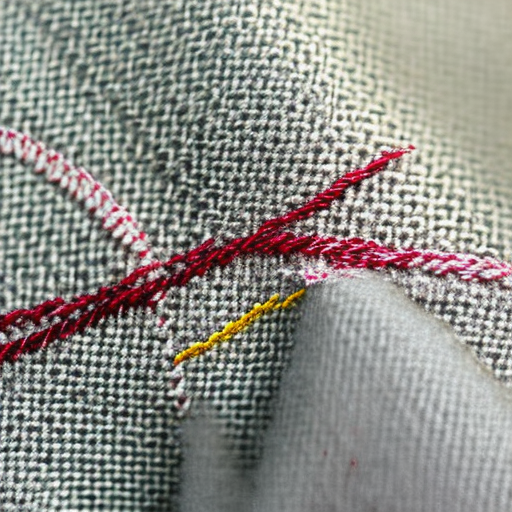
Handy resource to have!
Joanna Kale: Very helpful!
This is a great resource to familiarize yourself with different sewing techniques, and it is definitely handy to have! With this post, you can easily learn the names of each technique and also learn about their specific uses. It’s sure to help out both experienced and novice sewers.
Highly recommended!